Vitamin B12 Injection for Animals: Usage, Recommendations, Effects, and Administration
Vitamin B12 injection, also known as cobalamin, is a crucial water-soluble vitamin that plays an essential role in red blood cell formation, neurological function, and DNA synthesis. In veterinary medicine, Vitamin B12 injections are commonly used to treat and prevent deficiencies in animals, particularly in those with conditions affecting absorption or those with increased nutritional needs. Vitamin B12 is vital for energy production, appetite stimulation, and overall vitality, making it an important supplement in the care of both pets and livestock.
Usage of Vitamin B12 Injections
Vitamin B12 injections are used in a variety of situations in veterinary medicine:
- Treating B12 Deficiency: Animals suffering from a deficiency due to poor diet, malabsorption issues, or certain diseases benefit greatly from B12 supplementation.
- Support During Illness: Vitamin B12 injections are often given to animals recovering from illness, surgery, or injury to support overall health and recovery.
- Appetite Stimulation: Vitamin B12 can stimulate appetite in animals that are not eating well, particularly in cases of chronic illness or digestive disorders.
- Boosting Energy Levels: For older animals or those suffering from chronic fatigue, B12 injections can provide an energy boost and improve overall vitality.
- Treatment of Anemia: B12 is essential for red blood cell production, making it an effective treatment for animals suffering from anemia, especially if due to a B12 deficiency.
Recommendations for Vitamin B12 Injection Use
- Dosage: The dosage of Vitamin B12 will vary depending on the animal’s size, species, and specific health condition. Veterinarians typically recommend dosages based on the animal’s weight and the severity of the deficiency or condition being treated.
- Frequency: Injections may be administered weekly or monthly, depending on the condition being treated and the animal’s response to therapy. Regular blood tests may be necessary to monitor B12 levels and adjust dosages accordingly.
- Consultation: Always consult with a veterinarian before starting B12 injections to ensure the correct dosage and administration plan, as well as to monitor for any potential side effects.
Effects of Vitamin B12 Injections
- Increased Energy and Vitality: One of the most noticeable effects of B12 injections is an increase in energy levels, particularly in animals that were previously lethargic or fatigued.
- Improved Appetite: B12 often stimulates appetite, making it beneficial for animals that have lost interest in food due to illness or age.
- Enhanced Red Blood Cell Production: B12 is critical for the production of healthy red blood cells, helping to treat and prevent anemia.
- Neurological Support: B12 supports neurological function, which can be particularly important in older animals or those with nerve-related conditions.
Price of Vitamin B12 Injections
The cost of Vitamin B12 injections varies depending on the supplier, dosage, and quantity. On average, prices range from $10 to $50 per vial, with higher concentrations or larger quantities typically costing more. The total cost of treatment will depend on the frequency and duration of the therapy.
Where to Purchase Vitamin B12 Injections
Vitamin B12 injections can be purchased through veterinary suppliers, either online or in clinics. Some reputable sources include:
- Tacoma Vet Meds: Offers a variety of injectable vitamins and supplements, including Vitamin B12.
- Standlee Med: Provides a selection of veterinary medications and supplements, often with fast shipping and competitive prices.
- Revival Animal Health: Specializes in animal health products and offers Vitamin B12 injections among their range of supplements.
Administering Vitamin B12 Injections
- Injection Site: Vitamin B12 is typically administered intramuscularly (IM) or subcutaneously (SC). Common injection sites include the muscle of the hind leg or under the skin of the neck or back.
- Preparation: Ensure the injection site is clean and sterile before administration. Use a clean, sterile needle and syringe for each injection.
- Injection Technique: Draw the correct dosage into the syringe. For intramuscular injections, insert the needle into the muscle at a 90-degree angle. For subcutaneous injections, insert the needle just under the skin at a 45-degree angle.
- Aftercare: Monitor the injection site for any signs of infection or adverse reactions. Keep the animal calm and comfortable after the injection.
- Veterinary Guidance: If you are unfamiliar with giving injections, have a veterinarian demonstrate the proper technique or administer the injections at the clinic.
Conclusion
Vitamin B12 injections are a valuable tool in veterinary medicine, offering numerous benefits for animals with deficiencies, chronic illnesses, or increased nutritional needs. They are particularly effective in boosting energy levels, improving appetite, and supporting overall health. When considering B12 injections for your animal, consult with a veterinarian to ensure proper dosage and administration. And purchase from reputable suppliers like Standlee vet meds and ours to ensure the quality of the product.
.
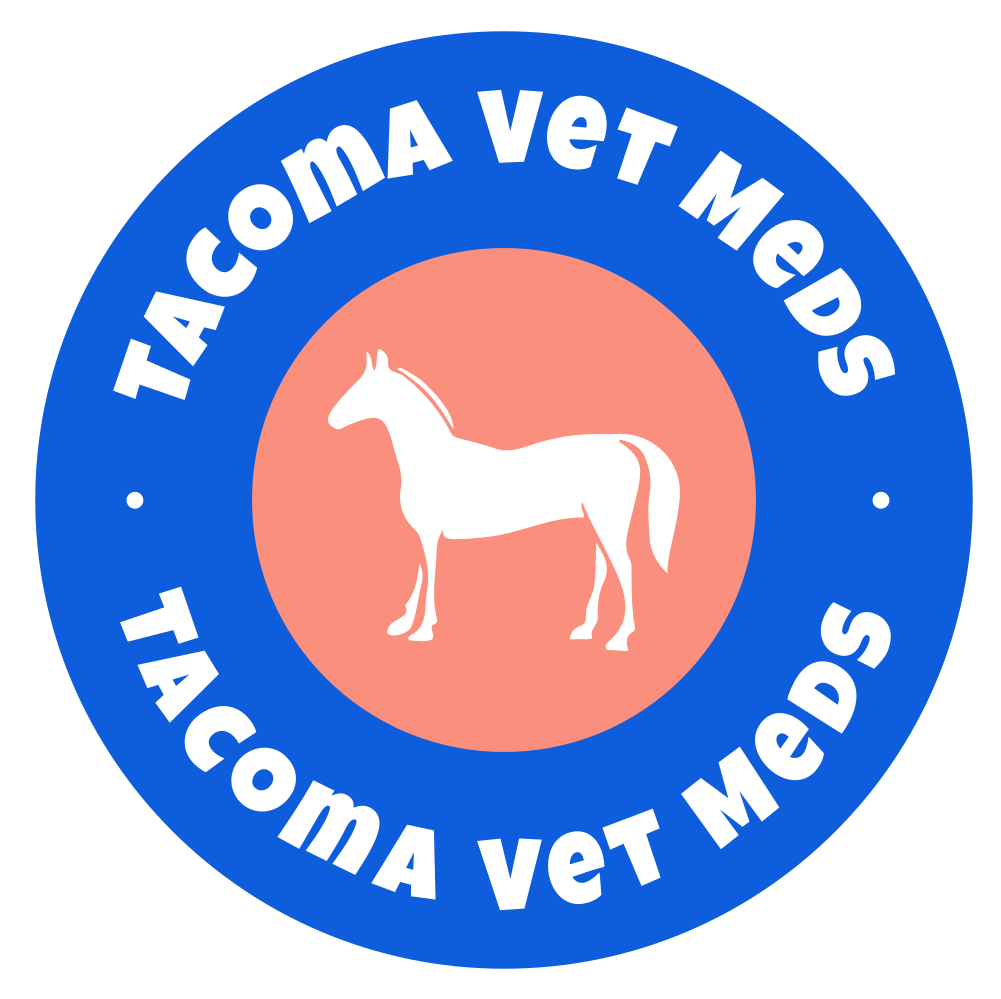


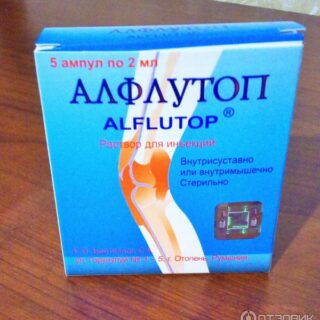
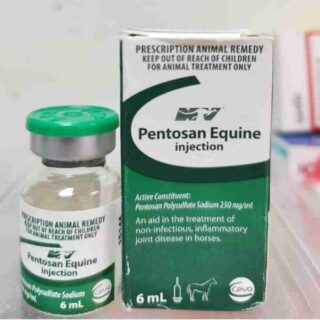
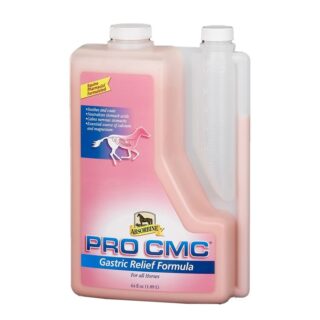
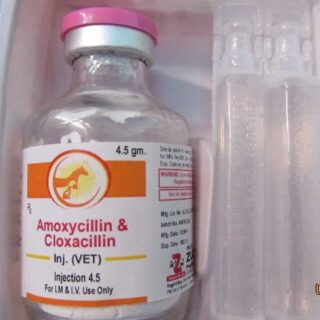
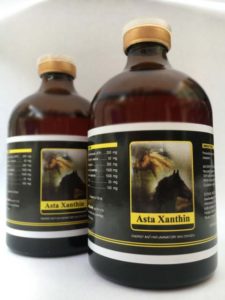


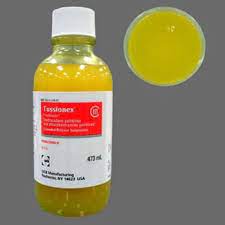

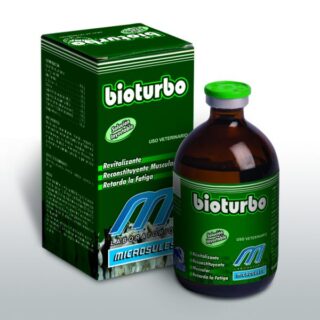



Reviews
There are no reviews yet.